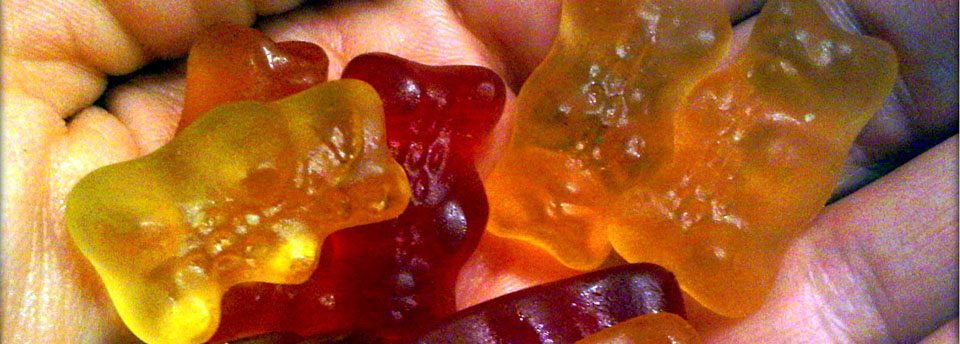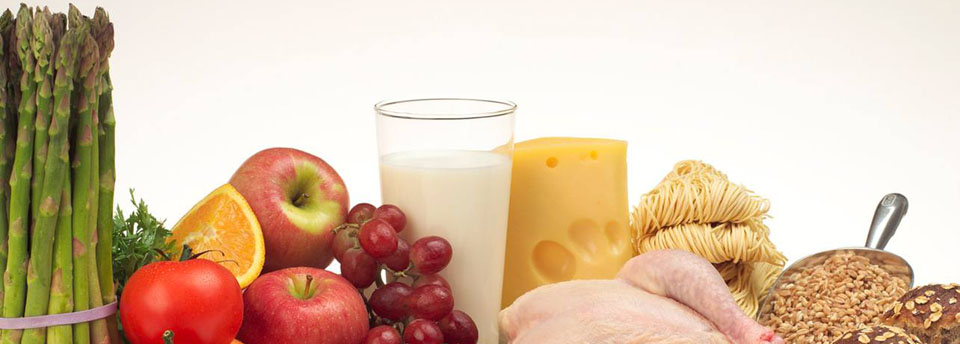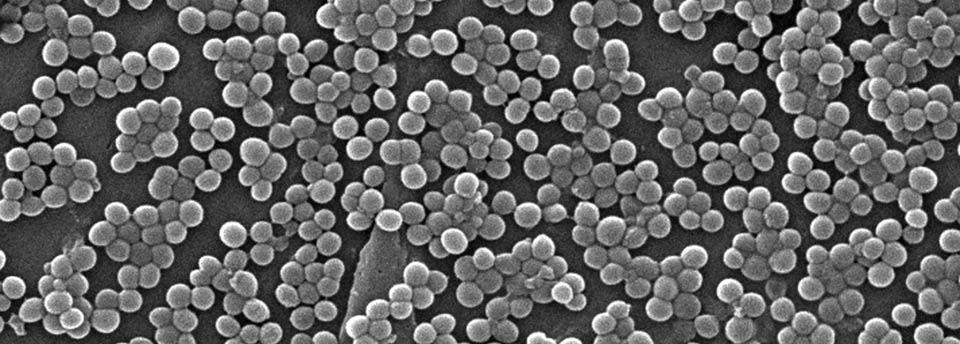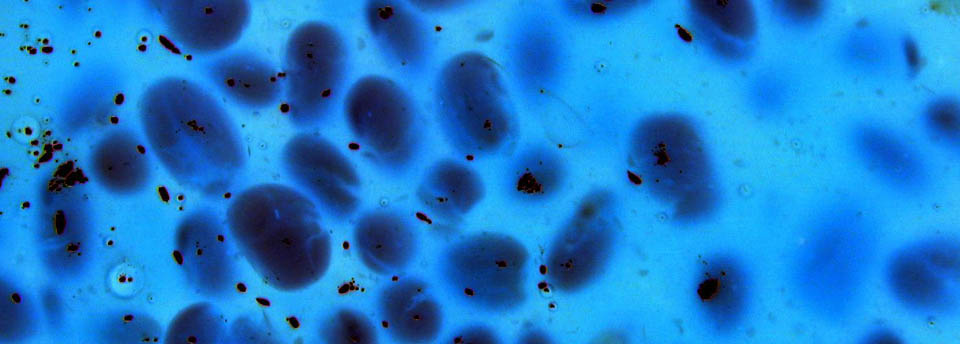-

Financing
EEA 2004-2009 and Hellenic Ministry of Economy and Finance
-

Implemented by
Agricultural University of Athens
-

Head Professor
John Ikonomopoulos
-

Contact
Hit Contact
Evaluation of the biosafety of child food of animal origin in Greece.
Today, food safety is certainly regarded as a core stone of Public Health protection. The way of life and most significantly modern eating habits, have increased exposure to health hazards through the consumption of food. This issue has become of considerable significance in terms of social and financial burden with more than 76.000.000 people demonstrating each year symptoms of food poisoning in U.S.A alone, of which 325.000 are hospitalized and 5.000 become terminally ill. The financial impact of food poisoning is even greater for countries such as Greece that host a large number of tourists each year, for which the value of the touristic product is directly associated with the quality and safety of food. At the same time people are stormed most regularly with news about disease outbreaks caused by pathogens or chemicals found in food. Unfortunately these issues are often promoted through mass media in a way that generates concern and discourages the public especially from consuming animal products. These have been implicated over the last few years in a number of incidences that have resulted in several cases, to large human casualties. Public concern is obviously even more sensitive regarding exposure of children to food hazards. Notably a growing number of research results are pointing towards a potential link between exposure to specific pathogens often found in food, and the causation of a number of diseases that were considered until very recently as of unknown and/or auto-immune etiology.
The factors mentioned above are all involved in something that seems to formulate at least for the consumer, a vicious circle generating concern and fear. This can probably be resolved only by reliable information provided in a responsible manner, and the improvement of the means to investigate food safety. Within this context this team participated to a call published on behalf of the Financial Mechanism of the European Economic Area for the period 2004-9, with a proposal for a project that focused on the assessment of the safety of child food of animal origin in Greece, with connection to microbial pathogens and allergens. This proposal was finally approved and the respective project was selected to be supported by the Hellenic Ministry of Economy and Finance, and the Financial Mechanism of the European Economic Area and Norway.
The evaluation was designed with respect to the relevant instructions of the European Food Safety Authority, but it extended to some other pathogens implicated into what is often referred to as emerging diseases. In addition to the research work, the project includes activities that aim to support the infrastructure for the improvement of the technical and practical efficiency for animal food testing. These refer to a virtual food microbiology laboratory with services available to the public, and an interactive e-training tool with written instructions and videos of selected methodologies that are all accessible free of charge. This study will provide indications and/or evidences for the food categories and products that might be considered of relatively higher risk, using conventional and more advanced means of research. The results can be incorporated in organizing targeted instead of random sampling, towards improving consumer safety and reducing the exposure of children to microbial pathogens and allergens, through food.









